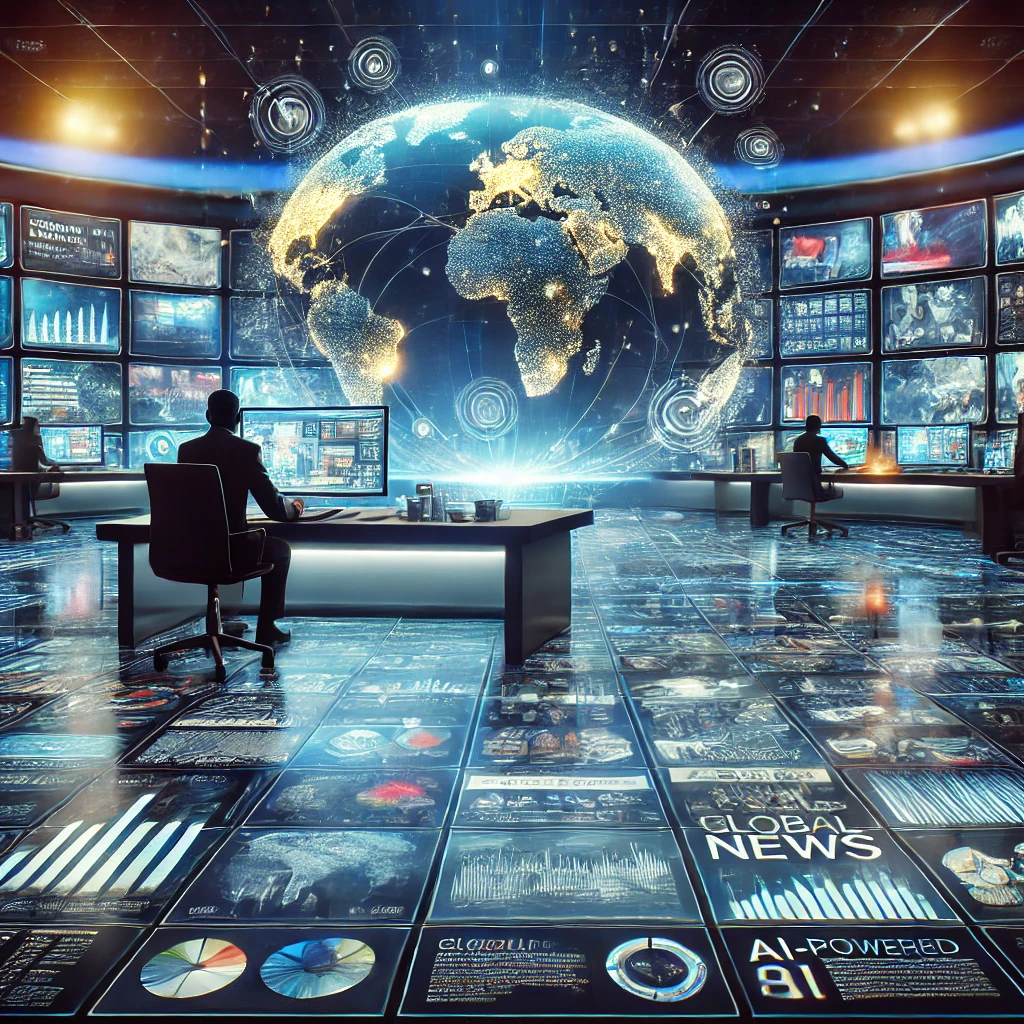In 2025, the world continues to evolve with rapid political, economic, and technological developments. From diplomatic tensions to breakthroughs in artificial intelligence, here are some of the most significant global events shaping the course of the year.
Political Landscape: Shifting Alliances and Rising Tensions
The global political environment remains volatile as nations reassess their alliances and foreign policies. The ongoing geopolitical tensions between major powers such as the United States, China, and Russia have resulted in a complex web of diplomacy and economic sanctions.
The European Union (EU) has strengthened its stance on foreign policy, particularly in response to security threats and energy concerns. The EU’s increased focus on renewable energy has further distanced it from Russian energy dependence, sparking a shift in global energy markets.
Meanwhile, in Asia, China continues to expand its influence through initiatives like the Belt and Road Initiative (BRI). However, economic challenges and domestic protests have raised concerns about the sustainability of China’s growth. Relations between China and neighboring countries, particularly Taiwan and India, remain delicate, with military tensions occasionally escalating.
In the Middle East, negotiations between Israel and Palestine have taken center stage as international efforts seek a lasting resolution to the long-standing conflict. Despite diplomatic attempts, tensions remain high, with sporadic clashes disrupting peace talks.
Economic Developments: Inflation, Trade, and Innovation
The global economy faces both opportunities and challenges in 2025. Inflation rates, while stabilizing in some regions, continue to impact consumer prices and economic growth worldwide. Central banks in the United States, Europe, and Asia are carefully adjusting interest rates to balance inflation control with economic expansion.
One of the most discussed economic trends this year is the shift towards digital currencies. Several countries have introduced Central Bank Digital Currencies (CBDCs) to enhance financial inclusion and reduce dependency on cash. However, concerns about privacy and regulation continue to be debated.
Trade agreements between major economies are undergoing renegotiation, particularly in response to supply chain disruptions and the push for localized manufacturing. The U.S.-China trade relationship remains a focal point, with new tariffs and policy shifts affecting industries globally.
Technological Breakthroughs and Challenges
The rapid advancement of artificial intelligence (AI) has dominated headlines in 2025. AI-driven automation has transformed industries ranging from healthcare to finance, improving efficiency while raising ethical and employment concerns.
Tech giants continue to compete in the development of quantum computing, which promises to revolutionize data security and problem-solving capabilities. Governments worldwide are increasing regulations to ensure responsible AI development and to mitigate risks associated with deepfake technology and misinformation campaigns.
Space exploration has also taken a giant leap forward. Private companies, along with national space agencies, are working towards establishing a human presence on Mars. The latest missions have successfully tested sustainable habitats and resource utilization techniques on the Red Planet, bringing humanity closer to interplanetary colonization.
Climate Change and Environmental Policies
Climate change remains one of the most pressing issues in 2025. Nations are accelerating their commitments to carbon neutrality, with major economies investing in green energy, electric vehicles, and sustainable infrastructure.
Extreme weather events, including wildfires, hurricanes, and heatwaves, have prompted global discussions on disaster preparedness and resilience strategies. The United Nations Climate Summit has set ambitious targets to reduce global emissions, but challenges remain in enforcing these commitments across all nations.
In response to growing environmental concerns, businesses are prioritizing sustainability initiatives. Many multinational corporations have pledged to achieve net-zero emissions, and investors are increasingly considering Environmental, Social, and Governance (ESG) factors when making financial decisions.
Social and Cultural Trends
The world in 2025 is experiencing a cultural shift driven by technological advancements and changing social norms. Remote work, initially a necessity during the COVID-19 pandemic, has now become a standard practice in many industries. The digital nomad lifestyle has gained popularity, prompting governments to introduce new visa policies catering to remote workers.
In entertainment, streaming services continue to dominate the media landscape, with artificial intelligence playing a significant role in content creation. Virtual reality (VR) and augmented reality (AR) are increasingly used for gaming, education, and corporate training.
Diversity and inclusion remain key topics in workplaces and media representation. Social movements advocating for gender equality, racial justice, and LGBTQ+ rights are driving policy changes and influencing corporate cultures worldwide.
Conclusion
As 2025 unfolds, the world remains a dynamic and interconnected place, facing both opportunities and challenges. The political landscape is shaped by shifting alliances, economic transformations are driven by digital innovations, and technology continues to revolutionize industries. Meanwhile, climate change and social movements are influencing policies and cultural norms.
While uncertainties persist, the resilience and adaptability of nations and individuals will play a crucial role in shaping the future. As the world continues to navigate these changes, staying informed and engaged remains essential for understanding the evolving global landscape.


Leave a Reply